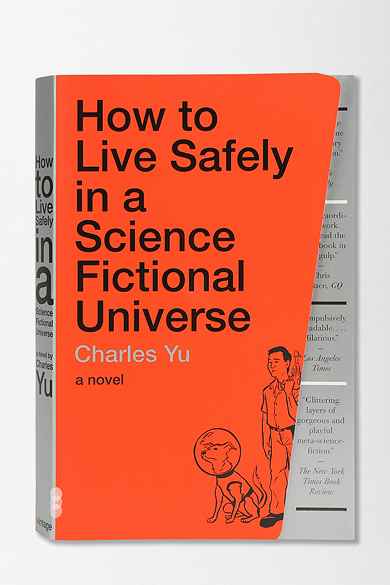Here are the things about me that you could probably find online:
I am a first-year MFA fiction candidate at the University of Michigan. I graduated from college the year before with a BA in English and a certificate in Creative Writing.
Here are the things about me that you could glean from a quick glimpse at my search history:
I hurt my calf kickboxing and I want to do something about it. I have a crush on my kickboxing instructor and I maybe want to do something about it. I am learning how to cook quinoa. I have finished only a fraction of my taxes. I don’t know if I have health insurance. I am still learning how to cook quinoa.
Even more telling, here are the open books I have scattered, spines near-cracking and pages dog-eared, around my apartment. The Dubliners just out of reach under the coffee table. Rebecca Lee’s The City is a Rising Tide on top of my coursework. King Kong Theory by Virginie Despentes ever-present on my bedside table. Though not at first apparent, I find that the books that I read and the books that I reread drop closer to the vulnerable points in me than my Internet search history. Though my search history reveals my failings as surely as searching “Lillian Li” highlights the shining spots on my CV, I am more ready to share just how many times I searched for “astrological compatibility” than the pieces of writing that have moved me, and move me still.
For me, to read and to write is to be preoccupied. Prose is my worry-stone; just as writing forms the shape of my preoccupations, jagged and crystalline as a kidney stone, rereading is my way of smoothing over this particular pebble of fear. To put it in even starker terms, my search history is what I’m worried about at the moment. My literature is what I’m worried about all the time, the weaknesses inside me that fail to fade with a click of a search button.
This is all to say that I am ready to reveal a lot for the sake of this blog post. I am ready to reveal that How to Live Safely in a Science Fictional Universe by Charles Yu has been a major preoccupation, and has been since I first read him, and reread him, in college. The reason I return again and again to Yu’s speculative fiction novel is because I cannot stop thinking about how little access I have to an authentic, personal language with which to talk about my race (Asian-American; Chinese).
In my opinion, to have a non-white character, or to have cultural and racial themes, is to pay a tax on flexibility, subtly, and range in one’s writing. I see in real life that race is kept in the margins, that privilege is hidden and discrimination euphemized, and yet I cannot seem to represent race without shining a huge spotlight on it in literature. The generation of Asian-American writers that came before me had to tackle the problem of being heard, so they wrote loudly, brazenly about their culture and their experience, but now I want to write about race with the volume down, and still be understood.
Yu, in his creation of a universe similar, but unlike our own, never once mentions that his protagonist and his family are of a different race, and yet his representation of the racially and culturally-othered experience is spot-on, easily recognizable though it is never explicitly named. He resists labels while manipulating cultural signifiers, such as winter melon soup and a father’s childhood among water buffalo. Yu even manages to represent racially-colored sadness in a subtle, yet affecting manner, writing: “[Sadness] passed down like an inheritance, a negative inheritance, a long line of poor, clever men, growing, over time, slightly less poor, and slightly more clever, but never wise” (195).
Rather than settling for color-blindness or color-saturation, the only two options I had once thought available to a writer of color, Yu practices what I like to call “literary synesthesia,” where the individualized, othered experience is still linked to universal themes of loneliness, regret, and hope. So that while sadness can be racial, the theme can also be as transcendent of race as a mother preparing dinner on an infinite, timed loop for the protagonist’s “ghost-image, this set of data encoded with a simulation of my physical likeness, my personality,” in the future’s answer to the nursing home (21). The scene is distinctly of an-other world, and yet, we, as the reader, can understand, and feel, exactly the points of the heart that Yu is stroking. We recognize ourselves in the unrecognizable, without being guided forcefully.
Still, Yu was able to accomplish this task of talking about race without TALKING ABOUT RACE because of the elasticity allowed by his spec fic genre. In his success, he also demonstrates the failure of our current, real world, where “race” and “culture” are too loaded ever to be recognized in sublimated states.
So I reread his novel, endlessly preoccupied by what he has managed to pull off, wondering and worrying if his feats only work in the zero-gravity of a separate, but equal universe. Here is my doubt and my fire, what right now keeps me, and keeps me from, writing. Here is my preoccupation. What is yours?

